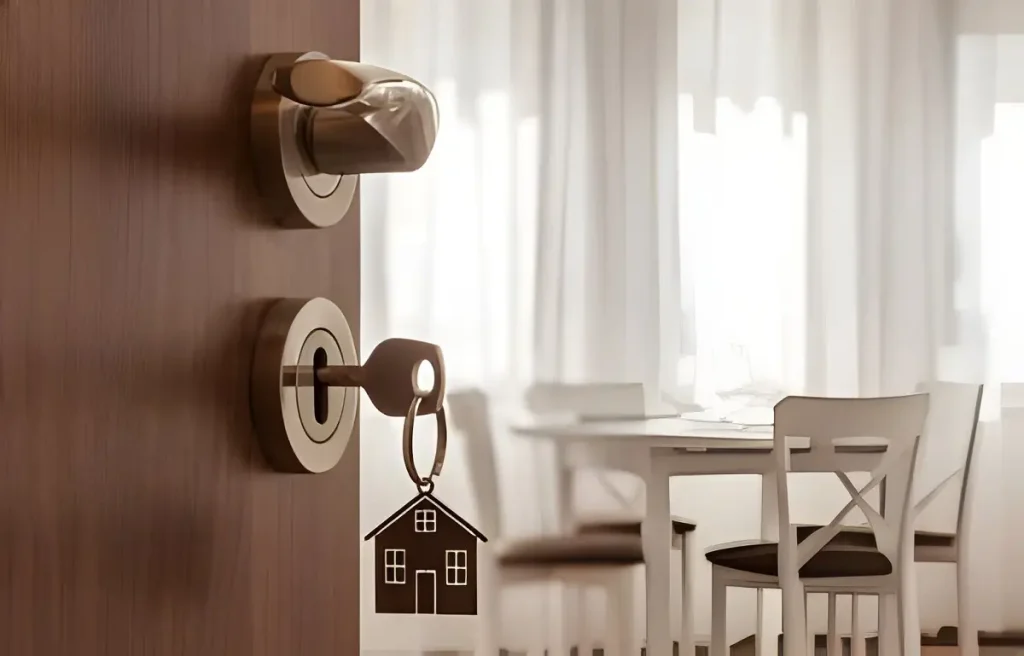Introduction:
Upsizing your home is an exciting step that can offer more space and comfort for your family. However, it requires thorough planning and consideration to ensure it aligns with your long-term goals and financial stability. This guide presents ten critical questions to explore before you commit to a larger home, helping you make an informed decision that enhances your lifestyle and financial health.
10 Questions to Guide Your Home Upsizing Decision:
1. Why Do I Need More Space?
Evaluate the reasons behind your need to upsize. Is it growing family needs, a desire for more outdoor space, or the necessity for a home office? Understanding your “why” can help you define what you need in a new home and ensure that you’re making a move for the right reasons.
2. What is My Financial Situation?
Before considering a larger home, review your financial health, including your income, debts, savings, and credit score. Ensure that you can afford a bigger mortgage, increased property taxes, and higher utility costs without compromising your financial security.
3. How Much Space Do I Need?
Determine the amount of space necessary to meet your needs without overextending yourself. Consider not only the number of bedrooms or bathrooms but also the usability of layouts that fit your lifestyle.
4. What Can I Realistically Afford?
Based on your financial review, set a realistic budget for your new home. Consider all costs involved, including closing fees, moving expenses, and potential renovations. Use mortgage calculators or consult with financial advisors to understand what you can comfortably afford.
5. How Will My Mortgage Change?
Explore how upsizing will impact your mortgage. Will you be increasing your loan amount, or are you planning to use equity from your current home? Assess different mortgage options and interest rates to find the best deal that aligns with your financial plan.
6. What are the Market Conditions?
Research the current housing market trends in your desired area. Is it a buyer’s or seller’s market? Understanding the market conditions can help you time your purchase to get the most value for your money.
7. What Are the Long-Term Costs?
Consider the long-term costs associated with a larger home, such as higher utility bills, increased maintenance costs, and property taxes. Ensure these ongoing expenses are manageable within your budget.
8. How Good Are the Local Schools and Amenities?
For families with children, the quality of local schools is a crucial consideration. Also, evaluate the proximity to amenities such as parks, grocery stores, and healthcare facilities. These factors significantly impact your family’s daily life and the home’s resale value.
9. What is My Commute Like?
Consider how moving to a new home will affect your daily commute to work or other frequently visited places. A longer commute can add to your expenses and reduce your overall quality of life.
10. What is My Long-Term Plan?
Think about your long-term plans and how a new home fits into those goals. Are you looking for a forever home, or is this a step towards something else? Understanding your long-term objectives can guide your decision-making process and ensure that upsizing is a beneficial move.
Conclusion:
Asking these ten essential questions before upsizing your home can lead to a decision that not only meets your immediate needs but also aligns with your future goals and financial plans. Take the time to thoroughly evaluate each aspect, consult professionals when necessary, and make a move that will bring lasting satisfaction and stability to your life.


